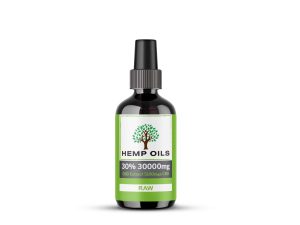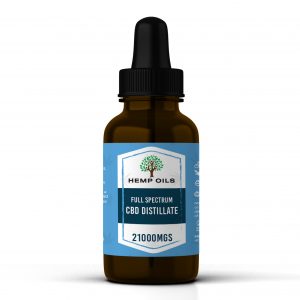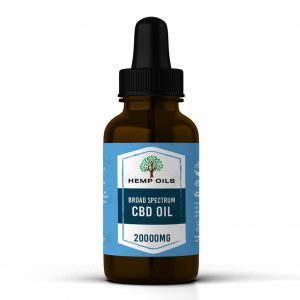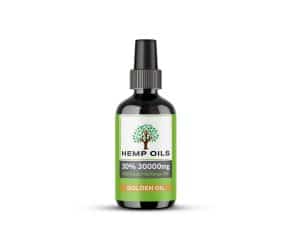Hemp CBD oil has gained significant popularity in recent years due to its numerous potential health benefits. But what exactly is hemp CBD oil? How does it work? And what are its legal implications? In this article, we will delve into the basics of hemp CBD oil, explore the science behind it, unveil its health benefits, and examine its legal status. By the end, you will have a comprehensive understanding of this natural remedy.
What is Hemp CBD Oil: Understanding the Basics
Hemp CBD oil, also known as Cannabidiol oil, is a natural extract derived from the hemp plant. Unlike its cousin, marijuana, hemp contains only trace amounts of tetrahydrocannabinol (THC), the psychoactive compound responsible for the "high" sensation. This means that hemp CBD oil does not have any mind-altering effects. Instead, it offers a plethora of potential therapeutic benefits.
CBD oil is extracted from the flowers, leaves, and stalks of the hemp plant using various methods, such as CO2 extraction or solvent extraction. The resulting oil is rich in CBD, a non-intoxicating compound known for its interaction with the body’s endocannabinoid system (ECS). The ECS plays a crucial role in regulating various bodily functions, including sleep, mood, appetite, and immune response.
The Science Behind Hemp CBD Oil: A Comprehensive Overview
To understand how hemp CBD oil works, it is important to know about the endocannabinoid system (ECS) in our bodies. The ECS consists of receptors, enzymes, and endocannabinoids, which are naturally produced by our bodies. CBD interacts with these receptors, primarily the CB1 and CB2 receptors, to help regulate physiological processes.
CBD is believed to have a range of potential therapeutic effects due to its ability to influence the ECS. It can modulate pain perception, reduce inflammation, promote relaxation, and promote overall well-being. Research suggests that CBD may also have antioxidant and neuroprotective properties, making it a promising option for various health conditions.
Unveiling the Health Benefits of Hemp CBD Oil
Hemp CBD oil has been studied for its potential health benefits across a wide range of conditions. It has shown promise in alleviating chronic pain, reducing anxiety and depression symptoms, improving sleep quality, and reducing inflammation. Additionally, CBD oil has been investigated for its potential anti-seizure effects, with the FDA approving a CBD-based medication for certain types of epilepsy.
Moreover, research suggests that CBD oil may have neuroprotective properties, making it a potential therapeutic option for neurodegenerative diseases such as Alzheimer’s and Parkinson’s. It has also been explored for its potential anti-cancer properties, although more research is needed in this area. Overall, CBD oil holds great promise as a natural alternative for various health conditions.
Exploring the Legal Status of Hemp CBD Oil
The legal status of hemp CBD oil can vary depending on the jurisdiction. In many countries, hemp-derived CBD oil is legal as long as it contains less than a certain amount of THC, typically 0.3% or less. However, regulations can differ, so it is important to research the specific laws in your region.
In some places, CBD oil may be available over the counter, while in others, it may require a prescription. It is crucial to source CBD oil from reputable manufacturers who adhere to strict quality standards and provide third-party lab testing to ensure the product’s purity and potency.
Hemp CBD oil offers a natural remedy with a wide range of potential health benefits. From its interaction with the endocannabinoid system to its potential therapeutic effects on various conditions, CBD oil has captured the attention of researchers and consumers alike. However, it is essential to understand the legal status of hemp CBD oil in your region and make informed choices when purchasing and using it. As more scientific studies emerge, the potential of hemp CBD oil continues to be explored, providing hope for those seeking natural alternatives for their well-being.




